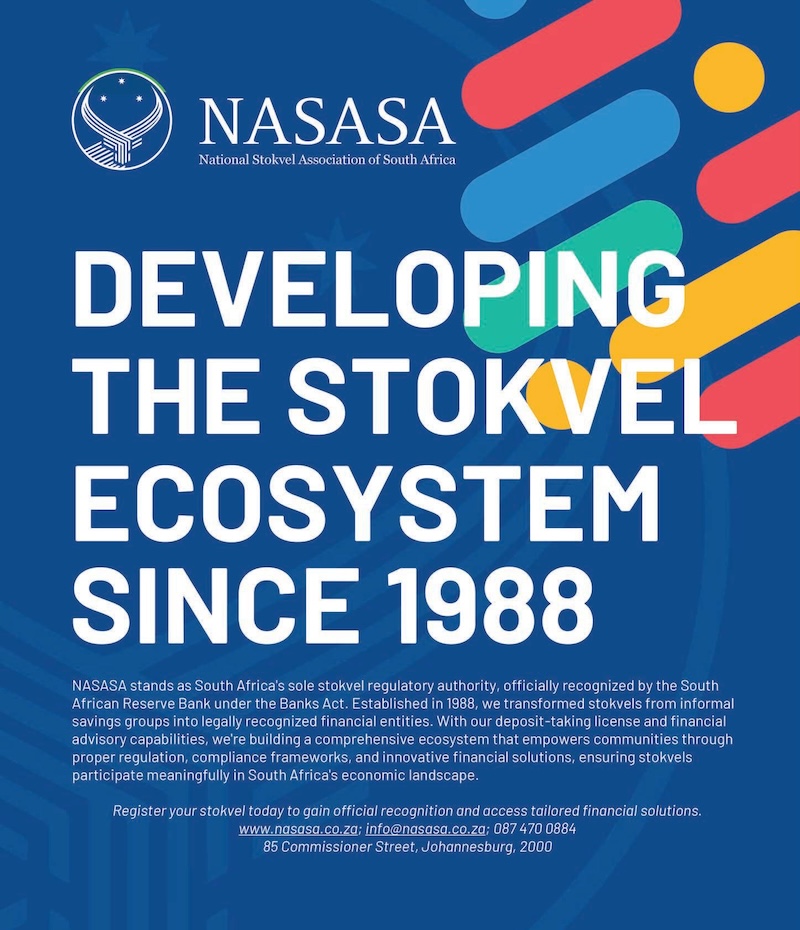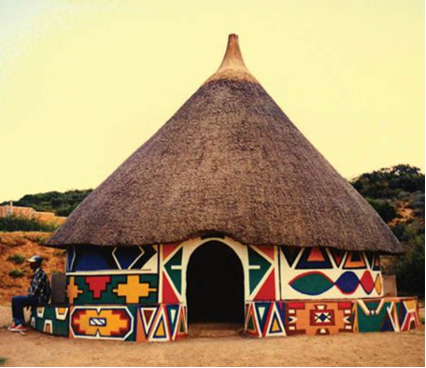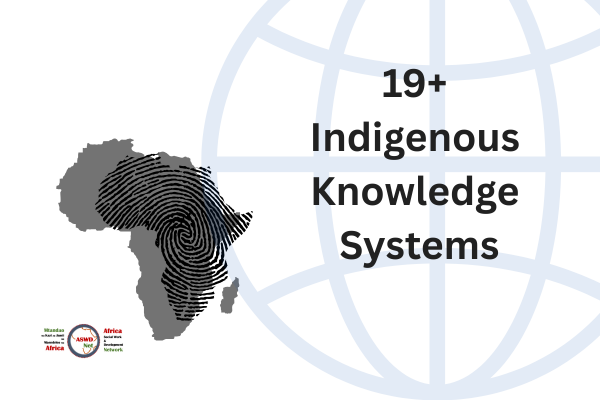Research Strategies
A research strategy outlines actions and options for research processes and stages, step by step. Each research needs a package of strategies. Major strategies within the package are:
- Resource Strategy
- Philosophical Strategy
- Collaboration Strategy
- Community Partnership and Engagement Strategy
- Government Strategy
- Recruitment and Inclusion Strategy
- Data Collection Strategy
- Data Analysis Strategy
- Strategy for Ethical Conduct
- Decolonisation Strategy
- Reporting Strategy
- Innovation Strategy
- Indigenisation Strategy
- Safety and Risk Management Strategy
- Publishing Strategy
- Dissemination and Communication Strategy
- Authorship Strategy
- Research Findings Utilisation Strategy
- Storage and Access Strategy
Resource Strategy
This strategy lists the resources required, human, material, money and time. It also indicates where the resources will come from.
Philosophical Strategy
What world view will underpin this research – Western, African or Eastern. What theories emanate from this philosophy?
Collaboration Strategy
This strategy is about who is going to be involved in the research, their roles and time commitments.
Community Partnership and Engagement Strategy
This is about how the researcher will work with the community.
Government Strategy
This details what the role of government will be, if the research is not government-led.
Recruitment and Inclusion Strategy
This is about how you are you going to recruit participants, who will qualify and how and the strategies are in place to maximise participation.
Data Collection Strategy
The methods you will use to collect data.
Data Analysis Strategy
How will collected data from all participants be organised? How will meaning be obtained from the data? How will participants be involved? If the researcher does the analysis, will participants be asked to check and confirm?
Strategy for Ethical Conduct
It details all the actions to ensure the research is ethical.
Decolonisation Strategy
A strategy to remove colonial values and elements in research.
Reporting Strategy
A strategy to formally document and submit a report of the research – includes who will prepare the report, contents of the report, when it will be completed and submitted, to whom it will be submitted and the format.
Innovation Strategy
What new ideas, methods, techniques and approaches are going to be used or created.
Indigenisation Strategy
What indigenous approaches, methods, literature, orature etc is going to be utilised? Who is going to do the research, are they indigenous, if not what strategies are in place to avoid devaluing of indigenous methods?
Safety and Risk Management Strategy
Research is a risk business for researchers, participants and the environment, so a plan should be in place to avert this risk, and ensure safety for all, all the time.
Publishing Strategy
Publishing is about putting the research methods, strategies, data, conclusions, recommendations and reports in the public domain. Researchers should know how this will be done, who will publish, in what language, when and in what formats.
Dissemination and Communication Strategy
How to make the research known.
Authorship Strategy
Who will be the author of reports, journal articles, book chapters or any other outputs.
Research Findings Utilisation Strategy
How ill results be used? Who will use them?
Storage and Access Strategy
Where will data be stored including documents, videos, audios, pictures, samples and equipment? For how long? How will they be destroyed?



